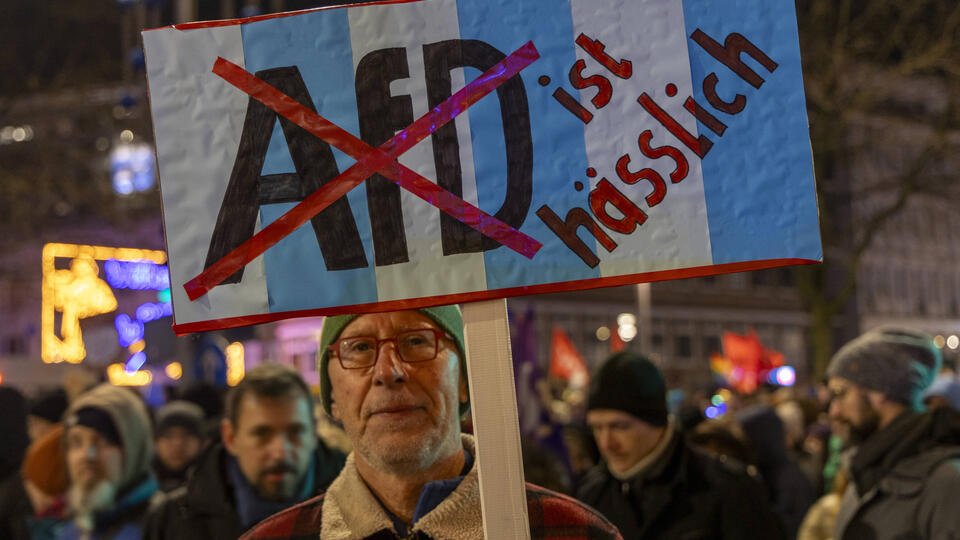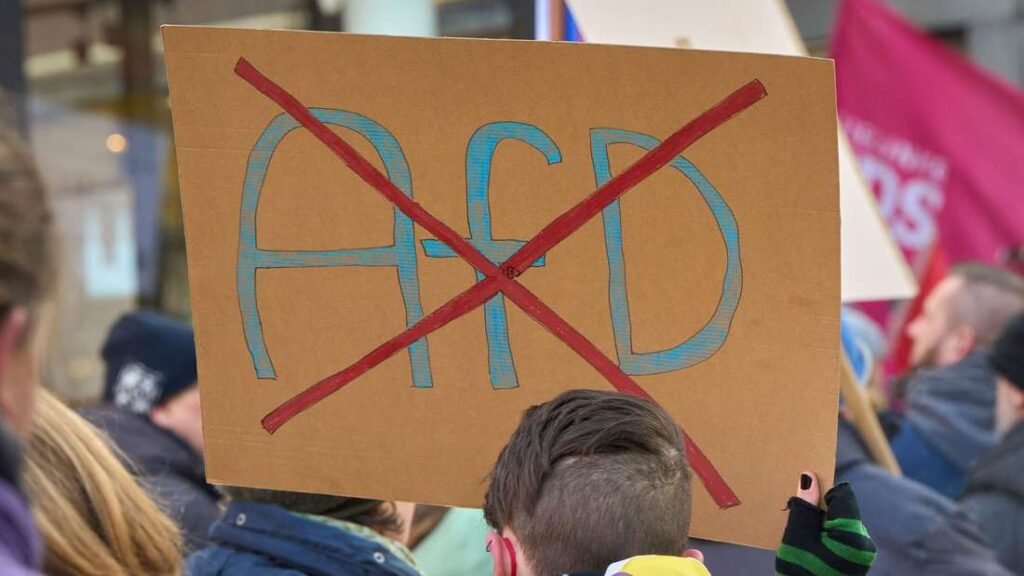The recent state elections in Thuringia and Saxony have underscored a troubling trend: the growing popularity of the far-right Alternative für Deutschland (AfD), which has emerged as the leading party in Thuringia and nearly achieved the same in Saxony. With similar results anticipated in the upcoming Brandenburg elections, Germany is grappling with a surge of support for right-wing extremism. The rise of the AfD, fueled by socioeconomic issues, points to a deeper crisis within the German political and economic model.
Economic Discontent and the Shift to the Right
In recent decades, Germany’s working class has endured economic hardship as neoliberal reforms have eroded the welfare state. Starting with the Agenda 2010 policies introduced in the 2000s, pension reductions, the expansion of a low-wage sector, and limitations on employment rights created a precarious job market. German companies took advantage of EU expansion into Eastern and Southern Europe, benefiting from lower production costs and cheaper labor, while the threat of outsourcing weakened the bargaining power of unions. The result has been a suppressed wage regime that has increased corporate profits but left the German working class with stagnating or declining real wages.
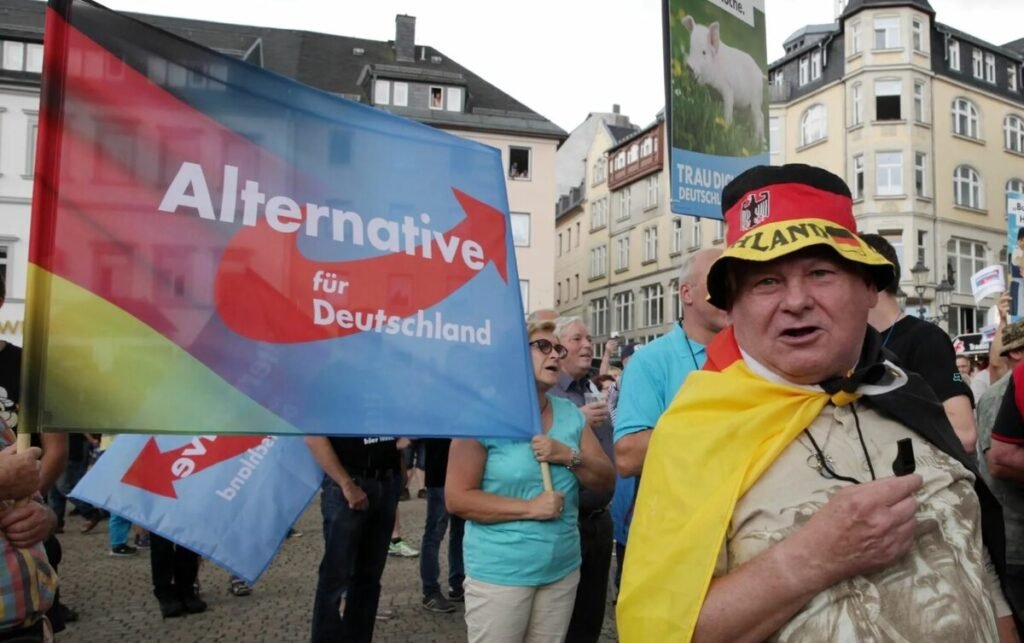
These economic challenges have been even more severe in East Germany, where workers face lower wages, limited job opportunities, and structural inequalities stemming from the post-reunification era. The economic restructuring that followed East Germany’s annexation in 1990 led to widespread privatization, company closures, and layoffs. Today, the Eastern economy is characterized by smaller, domestically-oriented businesses and wages that are substantially lower than in the West. In this environment of insecurity, the AfD has found fertile ground for its anti-establishment and nationalist rhetoric.
Immigration and the Shifting Public Sentiment
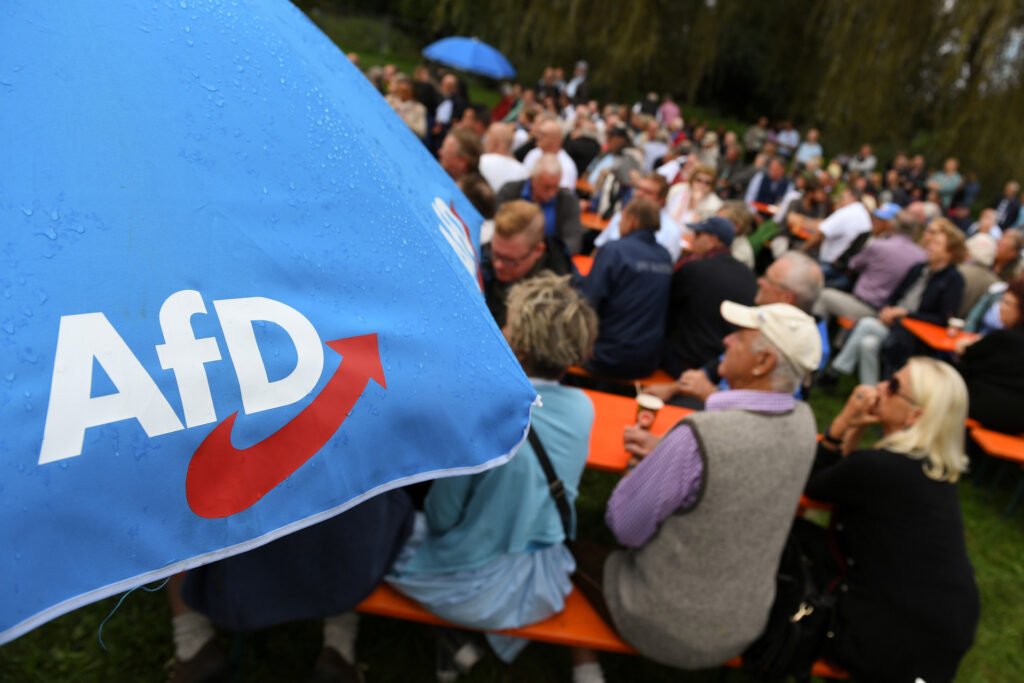
Germany’s initial “Willkommenskultur” toward refugees, particularly during the 2015 migration crisis, was praised by many as a humanitarian gesture and a solution to the country’s demographic challenges.
Political and business leaders promoted immigration as essential for economic growth, with corporate executives describing migrants as a potential foundation for Germany’s economic future. However, as economic strains have intensified, public perception of immigration has soured, with refugees increasingly viewed as a burden rather than an asset.
The socio-political landscape has shifted dramatically, with mainstream parties moving toward stricter immigration policies in response to public discontent. Immigration is now framed as a source of strain on public resources and social stability, and this narrative has been amplified by the right-wing opposition. Anti-immigrant rhetoric has intensified, with many Germans perceiving immigrants as competitors for limited resources and services. This scapegoating has allowed the AfD to capitalize on economic anxieties, framing immigration as a driver of Germany’s economic woes.
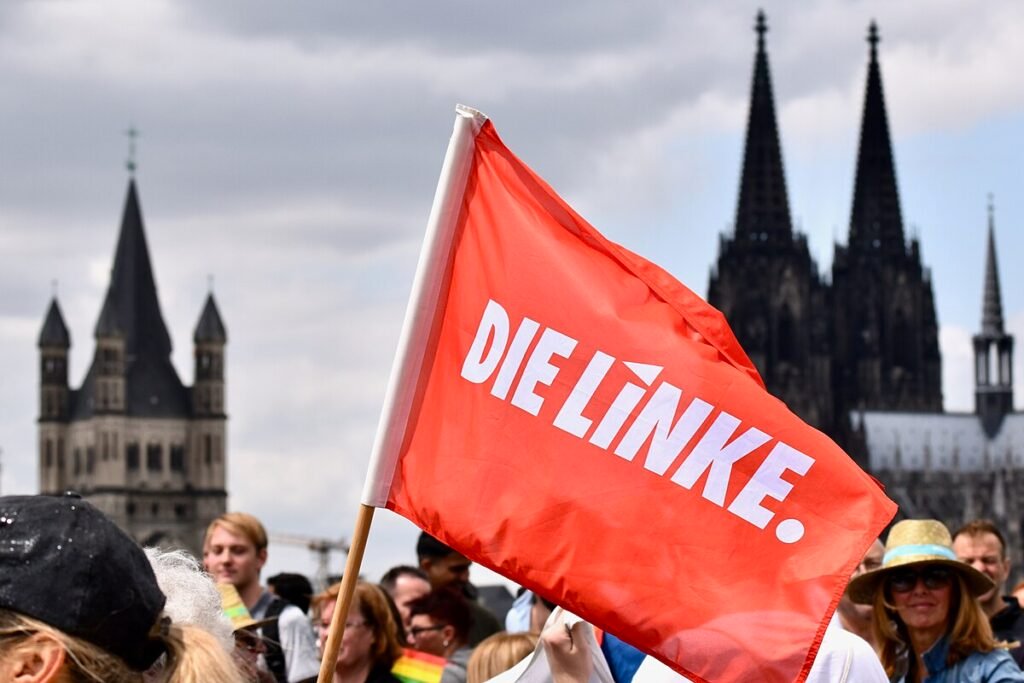
Divisive Politics and the Weakening of Leftist Alternatives
The AfD’s success highlights a broader failure within Germany’s left-wing parties to present a viable alternative. Die Linke, Germany’s main left-wing party, has struggled with internal divisions, particularly over issues like NATO and military support for Ukraine. These divisions have weakened the party’s ability to address economic grievances effectively, leaving it unable to compete with the AfD’s clear, albeit divisive, message. The AfD has positioned itself as the only party challenging Germany’s economic status quo and growing militarism, drawing support from those disillusioned with the government’s crisis management strategies.
Adding to this fragmentation, the emergence of Bündnis Sahra Wagenknecht, a new opposition faction, has created further discord within the left.
Although Wagenknecht’s party critiques militarism and economic policy, it has embraced some of the AfD’s stances on immigration and welfare, mirroring right-wing demands for tougher immigration laws and reduced social support for immigrants. This alignment with anti-immigrant narratives risks pushing the left further from its roots, as it adopts policies traditionally championed by the far right.
An Urgent Call for a United Left Response
The current political climate demands a strong and unified left-wing response. Without a cohesive, progressive vision addressing economic inequalities, labor rights, and social welfare, the working class may continue to gravitate toward the AfD, attracted by its anti-establishment message. To counter the far-right momentum, Germany’s left must re-engage with workers’ economic concerns and offer solutions that emphasize solidarity, fair wages, and inclusive social policies.
The continued rise of the AfD is not only a reflection of economic hardship but also a warning of the consequences of divisive, anti-immigrant rhetoric. A reinvigorated left movement, grounded in workers’ rights and social justice, is essential to redirect discontent away from scapegoating and toward systemic change. Germany stands at a critical juncture, and the path it chooses will have profound implications for its future social and political landscape
